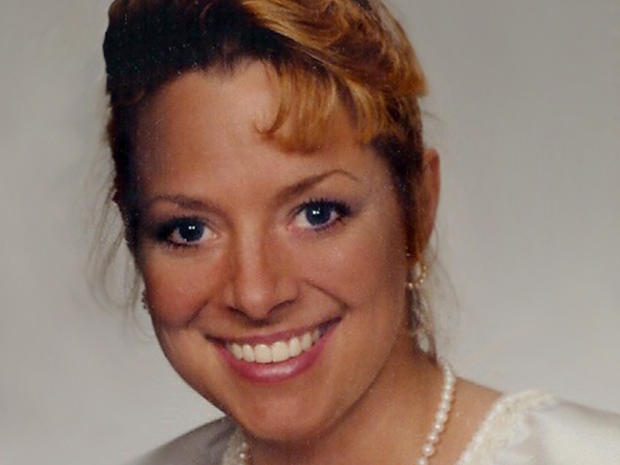48 Hours: Coroner's inquest in 1998 death of Ronda Reynolds
(CBS) - "Ever go to an inquest?" So began my conversation with 48 Hours Executive Editor Al Briganti last September. The fact is none of us at the show had ever been sent to one. They don't happen all that often.
A coroner's inquest had been called to investigate the death of Ronda Reynolds. Once the youngest female trooper in Washington State history, 33-year-old Ronda was found dead in her home in Toledo, Wash., in December 1998 of a gunshot wound to the head. Her death was ruled a suicide.
Ronda had married Ron Reynolds 11 months earlier. But the marriage had soured and the two had decided to divorce just the day before she died. Ronda packed up her belongings and made plans to travel home the next day to visit her mother across the state in Spokane. She would never make the trip.
Ron said he found her body that morning in a walk-in closet. He called 911 and reported his wife had commited suicide. But in the ensuing months and years, there was one person who wasn't buying Ron's story - Ronda's mother, Barb Thompson. Her relentless persistence to investigate her daughter's death would eventually result in the inquest I was about to attend.
A coroner's inquest is a bit like a trip back through time. The rules vary from state to state but in Washington the inquest law originated in 1863, back at a time when law enforcement was spotty in pioneer territory and judges still rode circuits. Coroners were given the power to find criminal suspects through these death inquests and even issue arrest warrants. A far cry from the criminal prosecution process we know today.
An inquest is conducted in a courtroom but there's no judge and no attorneys. There's a jury and the coroner sits behind the bench, presenting evidence and questioning witnesses. Interested parties and the jurors themselves can question witnesses too. Hearsay is allowed. Witnesses can talk about their feelings and reactions to events in a way that would never be permitted in a regular trial. In this case, the free-wheeling approach gave way to some pretty interesting testimony.
In the end, the jury was charged with deciding if Ronda commited suicide, was murdered, or if there just wasn't enough information to know for sure. After listening to more than 40 witnesses, the Reynolds inquest jury indeed reached a decision. To find out what happened, watch "Mystery on Twin Peaks Drive".
